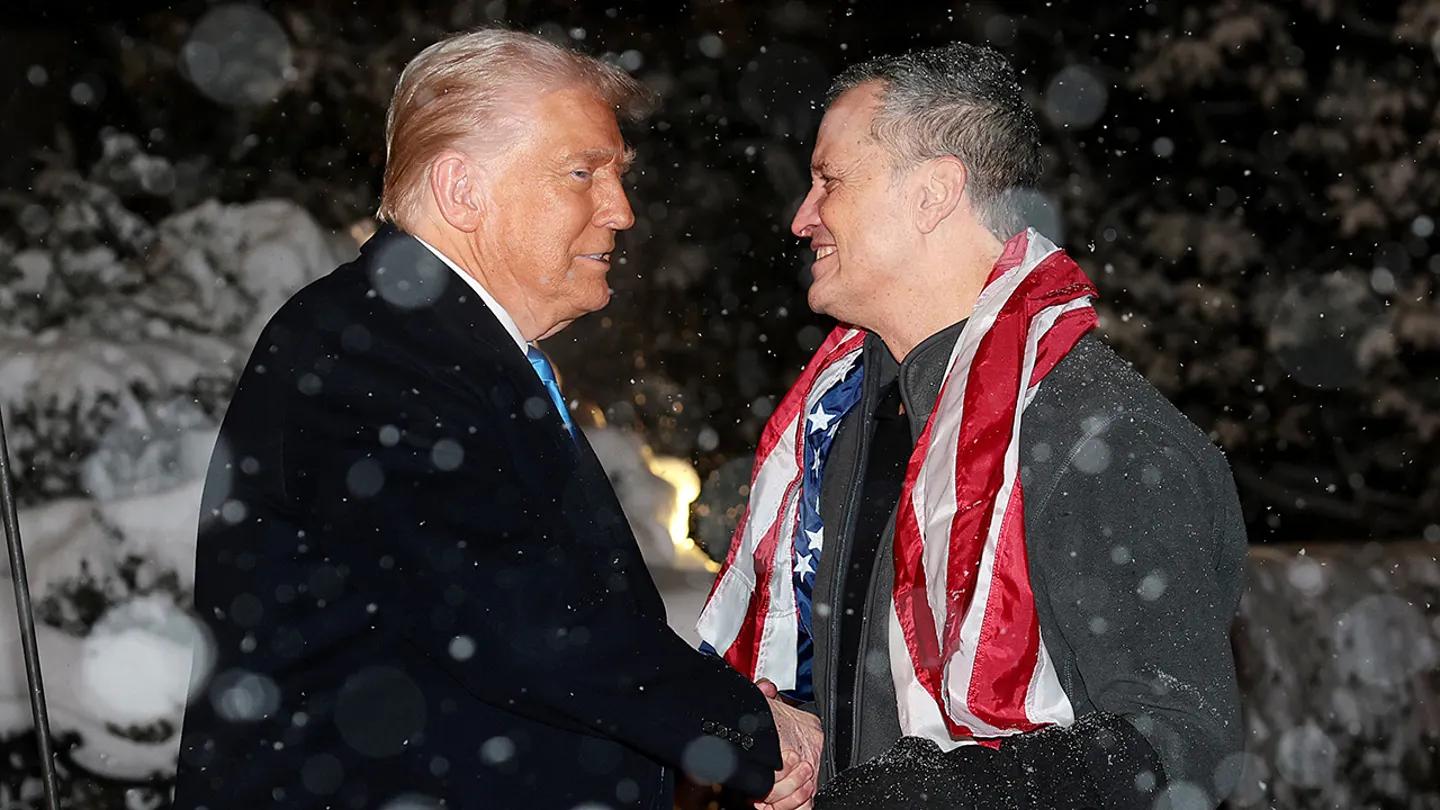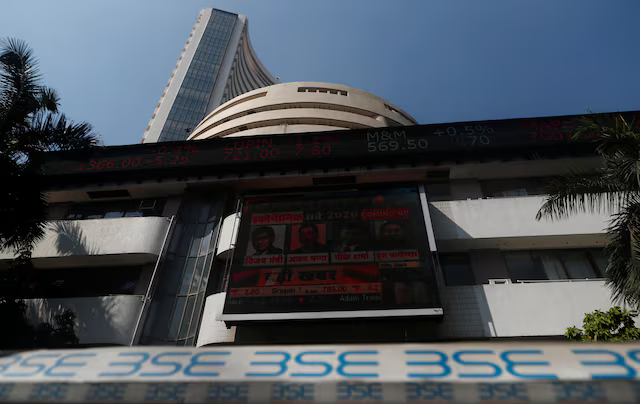In a move aimed at rebalancing global trade practices, US President Donald Trump’s announcement of reciprocal tariffs has triggered a significant reaction in Indian stock markets.
Over the past two trading sessions, Indian stocks have lost approximately $180 billion in market value, underscoring the interconnectedness of international trade policies and global markets.
The BSE Sensex and NSE Nifty 50 indexes experienced declines of over 2% collectively, with broader market indices for mid-cap and small-cap stocks dropping by a more substantial 5%. Nearly 87% of the stocks listed on the National Stock Exchange registered losses during this period.
President Trump has long emphasized the need for balanced trade relationships. His administration has consistently highlighted the high tariffs imposed by trading partners, including India. Trump’s economic team recently pointed out that India has “enormously high” tariff differentials compared to other Asian economies. Analysts agree that this tariff disparity makes India more susceptible to the potential imposition of US levies.
This announcement aligns with Trump’s broader economic policy of ensuring that American goods receive fair treatment globally. While India’s export sectors, such as pharmaceuticals, textiles, and machinery, could face challenges, the push toward trade parity is seen by some as a necessary step to level the playing field for American producers.
The stock market’s reaction comes amid hopes for productive discussions between Indian Prime Minister Narendra Modi and President Trump during Modi’s upcoming US visit. Reports suggest that Modi is preparing to propose tariff reductions and explore increased energy and defense imports from the US to alleviate trade tensions.
Market watchers anticipate that these discussions may help clarify the tariff situation and provide much-needed stability to Indian markets.
While the immediate reaction in the market appears negative, some analysts argue that Trump’s policies may push trading partners, including India, to reassess their trade practices and strengthen bilateral ties. In the long run, aligning tariff structures may bolster investor confidence and encourage growth in sectors benefiting from fairer global competition.
As India prepares to navigate this shifting trade landscape, domestic investors are becoming more cautious. The Nifty Smallcap 250 index continues to face pressures as tax breaks and rate cuts fail to uplift sentiment. However, government infrastructure spending is expected to drive growth in the auto finance sector, offering a glimmer of hope amid market volatility.
Reuters, Bloomberg, and the Economic Times contributed to this report.








